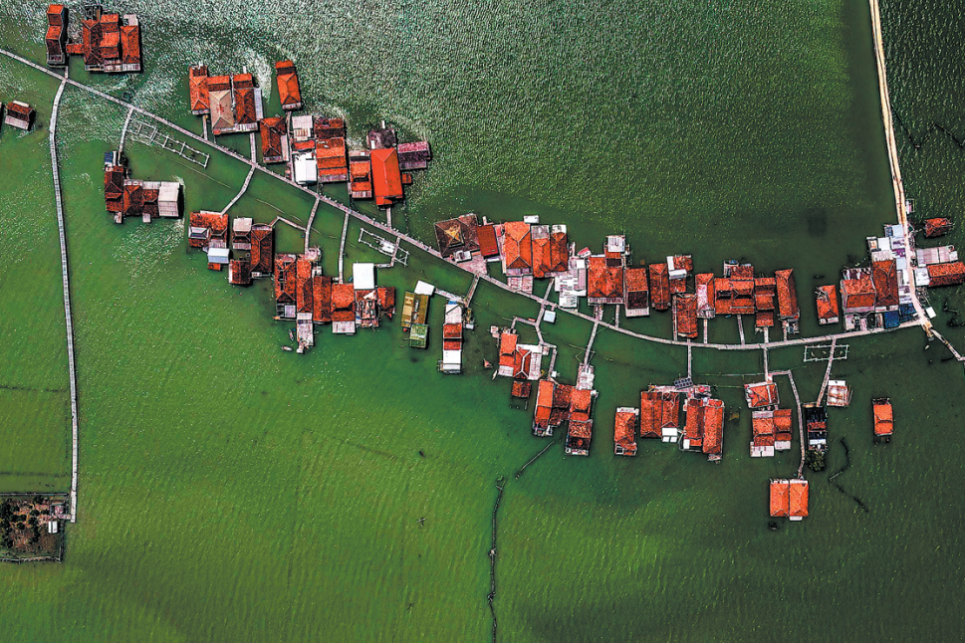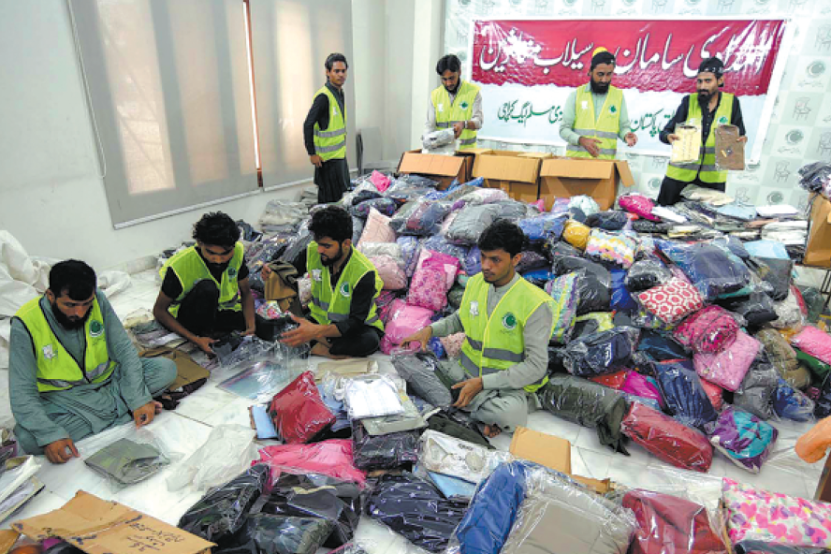Unexploded bombs force mass Berlin evacuations

The horror of World War II was brought back into focus in Germany's capital on the weekend after 80-year-old unexploded wartime bombs forced chaos and the evacuation of thousands of people.
Around 20,000 residents were driven from their homes in two parts of Berlin, with the busy Mitte district in the heart of the city plunged into panic late on Thursday after divers found a bomb in thick mud beneath the Spree River.
Officials said people within a 500-meter cordon around the bomb in the Fischerinsel island neighborhood were in "mortal danger" and told 7,500 of them to immediately leave their homes.
The discovery of the bomb in the river on Thursday followed a 100-kilogram bomb being found on a construction site in the Spandau district, in the west of the city, on Wednesday.
The Spandau bomb prompted police to post on the X social media site: "All persons are requested to immediately leave the restricted area."
The daily newspaper Der Tagesspiegel said around 12,000 people were evacuated because of that bomb, with one man waiting at an emergency shelter with his child telling the paper: "We just want to sleep, it's unbearable."
The bombs also forced the closure of government offices, embassies, subway stations, and Berlin's city hall, and meant traffic was temporarily stopped from entering both sites. Boat traffic on the river was also temporarily halted.
The all-clear was sounded on Friday for the bomb found 4 meters below the surface of the Spree River, after experts said it was an incendiary device and not a serious danger to the public.
"We can give the all-clear," a spokesperson for the Berlin police told the German Press Agency. "There is no longer any danger. The bomb does not need to be defused … The incendiary bomb was categorized as non-hazardous during the assessment."
But the bomb in the Spandau neighborhood was more of a threat and work started on Friday to either defuse it or detonate it in a controlled explosion.
The exclusion zone around it includes a hospital, a care home, a primary school, and two kindergartens, and the authorities said it may be several days before people can return to their homes.
The Associated Press said unexploded wartime bombs are frequently found across Germany but that many do not create as much disruption because they are either smaller, or not found in such heavily populated areas.
Berlin was hit by hundreds of thousands of bombs during 363 major air raids during World War II and many bombs failed to explode and turn up on building sites and during road-building projects.
Around 1,600 bombs were defused in Germany's populous North Rhine-Westphalia state during 2024 and three unexploded bombs found in Cologne in June forced the evacuation of 20,000 people there.

































